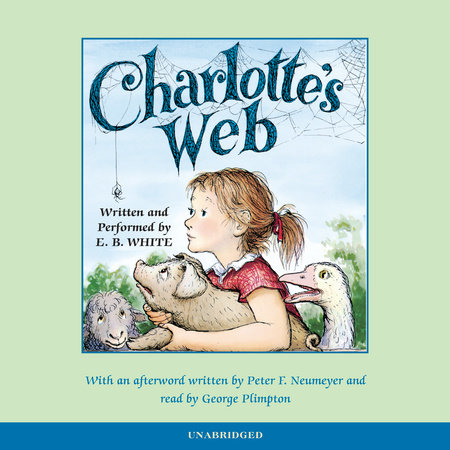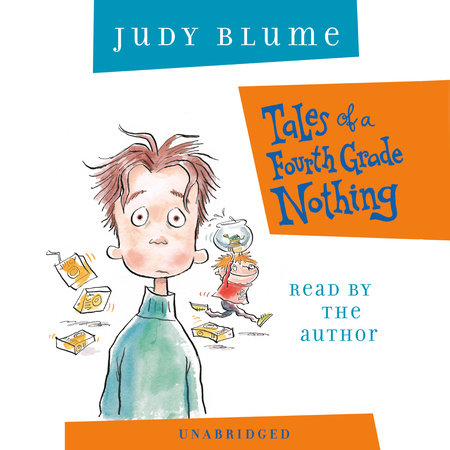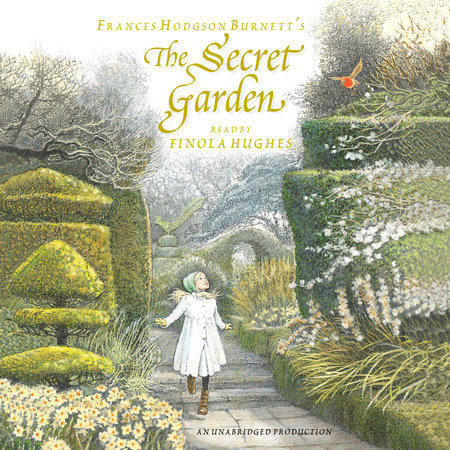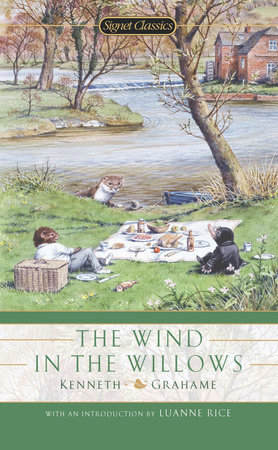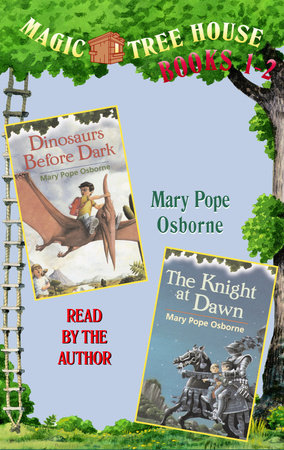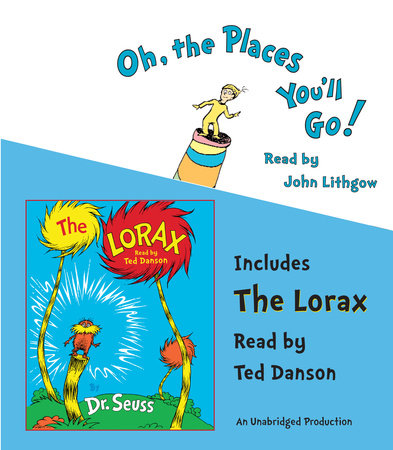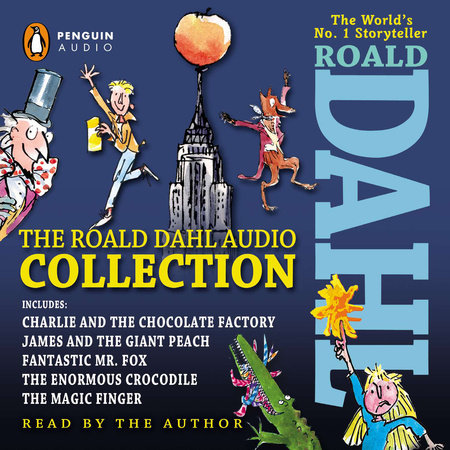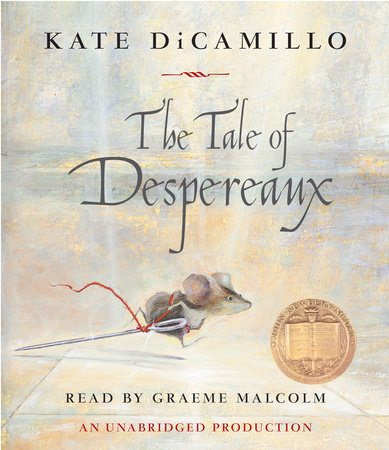7 Tips for Listening to Audiobooks With Kids
Partnered with
AudioFile Magazine
Reading with our ears can have educational benefits at all ages, but one of the best benefits of listening to audiobooks with kids is the priceless connection of experiencing a good story together. If your family has never listened to an audiobook, getting started can feel daunting, so here are some tips to get you up and running.
1. Set up your device.
Start your listening journey at the public library! Many libraries have both CDs and digital audiobooks, so ask your local librarian to walk you through the options. Depending on what’s available at your public library, your family can listen to CDs or digital audiobooks downloaded via the OverDrive app. In the car, you can try connecting your phone to the stereo so your family can all listen together.
If your older kid or teenager has a phone, they can download the OverDrive app and use their own library card to access audiobooks. A younger child could use a tablet loaded with audiobooks you choose, or you might want to buy an inexpensive CD player and get books on CD. A set of headphones with volume restrictions is also a good idea for younger listeners.
2. Start small at first.
For your first listening experience, start with something short, or even a book your child has read many times already, like Goodnight, Goodnight, Construction Site. Listening is a skill that needs to be practiced like anything else. Developing those listening muscles is hard work, so start slowly and get used to the format. Charlotte’s Web is a beloved story that kids will jump right into. Or if you want to laugh, try I’m Just No Good at Rhyming.
3. Explore the tried and true.
Revisit stories you loved as a child. Listening to Tales of a Fourth Grade Nothing as a family might transport you back to being eight again. You can also look for timeless children’s classics. Kids can listen at a higher level than they can read, so even 5-year-olds can enjoy classics like A Secret Garden, Treasure Island, or The Wind in the Willows.
4. Know your narrators.
The narrator makes a huge difference, so be sure and sample an audiobook before you commit. AudioFile Magazine has easy-to-browse reviews of recommended kids’ audiobooks with age levels and sound samples. Many popular actors have also narrated children’s audiobooks. One of our favorites is David Tennant’s priceless performance of the How to Train Your Dragon series.
5. Start a listening queue.
We recommend always having two or three audiobooks downloaded on your phone and about ten more on hold at the library. That way, wherever you are — in the car, waiting at the dentist office, relaxing at home — you have options on deck. A series is a great way to kick start your queue. The Boxcar Children, Magic Tree House, and Hank the Cowdog have seemingly endless lists of titles. Have your kids help add to your library list, too.
6. Don’t slog through it.
It is perfectly okay to give up on an audiobook if you or your kids are finding it boring or irritating, or you’re just not that into it. Listen to a few chapters to give it a chance, but after that, there’s no reason to finish listening to a book no one likes. Move on to the next audiobook on your list!
7. Choose the right audiobooks for your kid’s age and stage.
There are different things to look for in audiobooks depending on the age of your children. Here are some ideas to get you started.
Ages 0 – 4: Audiobooks for babies and toddlers should engage their attention and get them laughing, singing, clapping, or repeating a catchy refrain. Dr. Seuss is always fun, as well as the Llama Llama series by Anna Dewdney.
Ages 5 – 7: The goal here is to learn to love stories! Make listening together a fun bonding experience, and have kids tell you their thoughts about the plot and characters. Roald Dahl, Beverly Cleary, and Kate DiCamillo are some fan favorites perfect for this age.
Ages 7 – 12: Try out different genres like fantasy, adventure, realistic fiction, nonfiction, and scary stories. Let kids choose their own audiobooks and listen to books for school. It’s not cheating! This is especially true for reluctant readers or those with learning differences, as reading with their ears can expose kids to more advanced vocabulary than they would attempt in print.
Ages 13 and up: Explore a range of dialects, voices, and points of view. Audiobooks can introduce teens to different cultures in a meaningful way to help build empathy. For example, the German words and phrases in The Book Thief give readers a real sense of life in World War II Germany. And Jason Reynolds’s reading of Long Way Down gives an authentic voice to contemporary African American characters.
-
Audiobook Recommendations:
-
-
-

